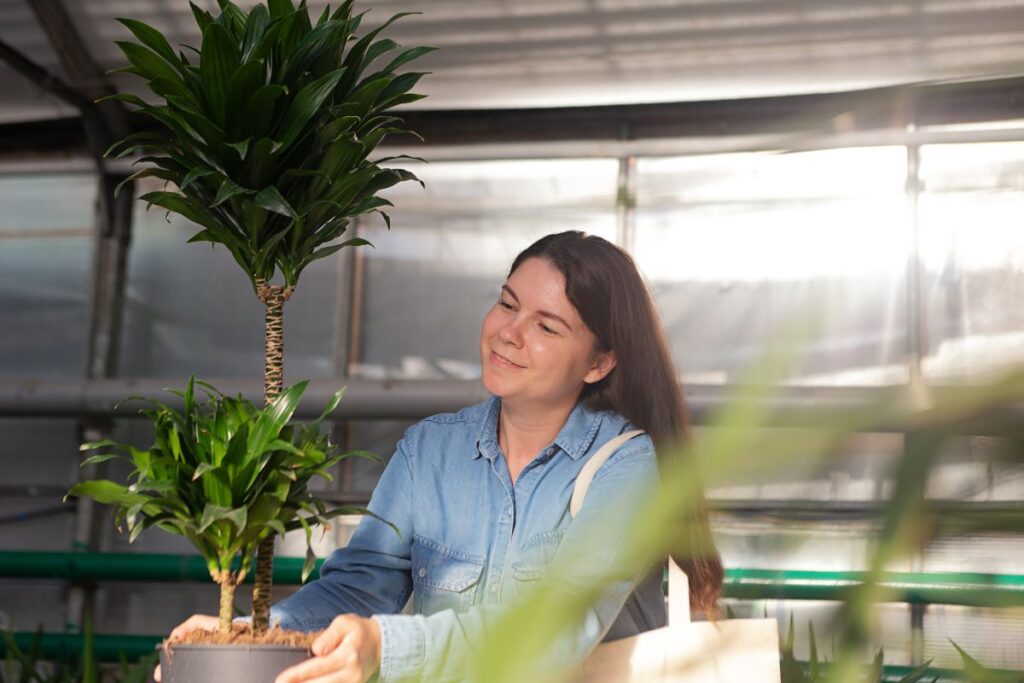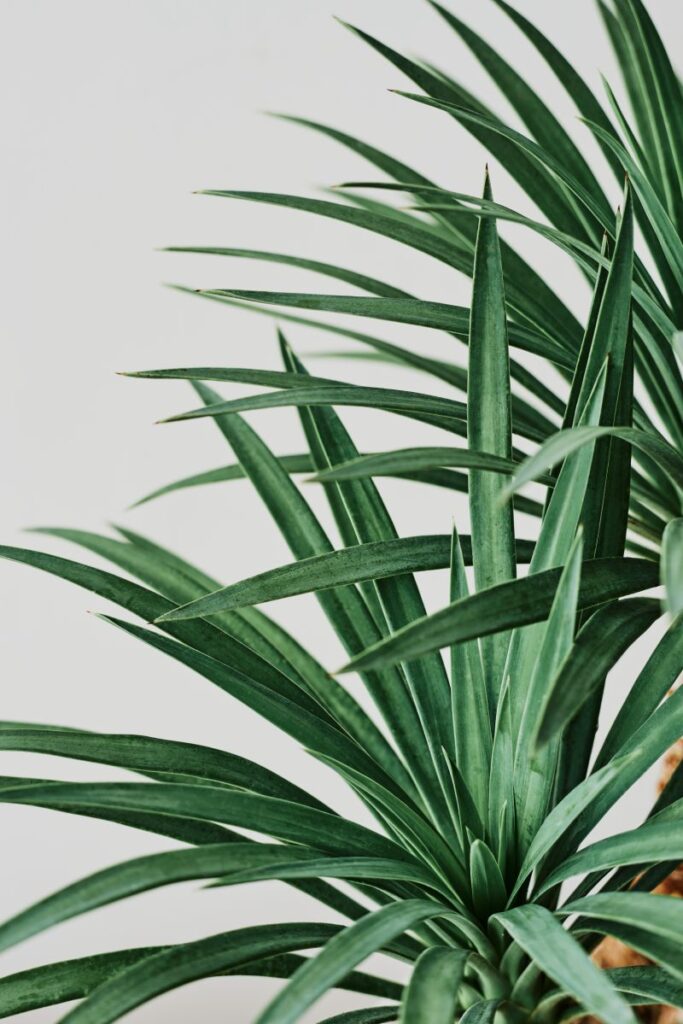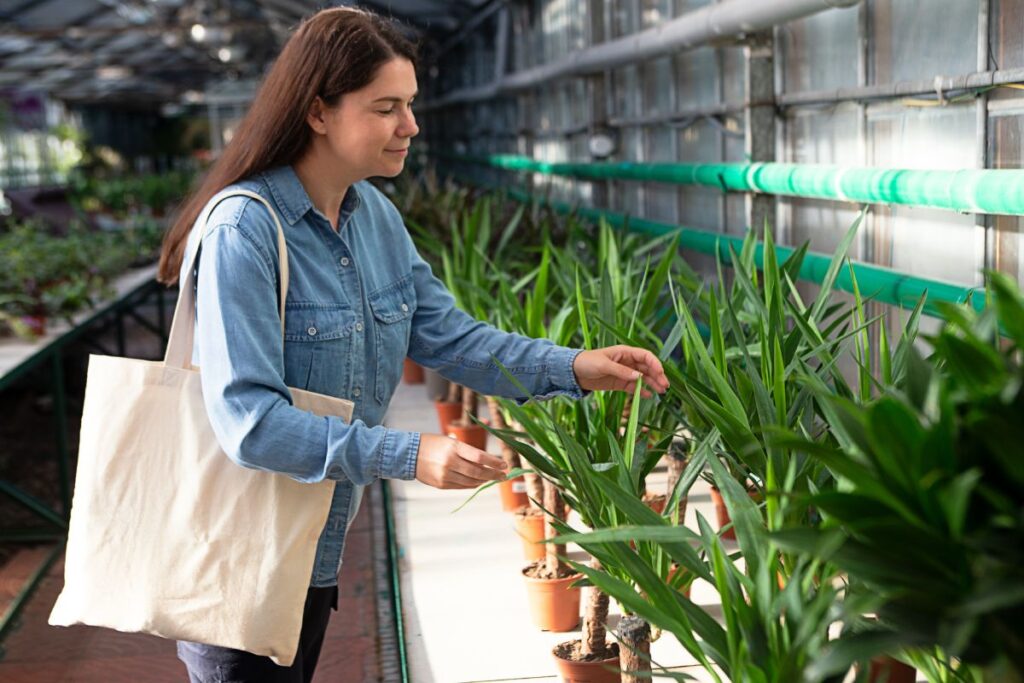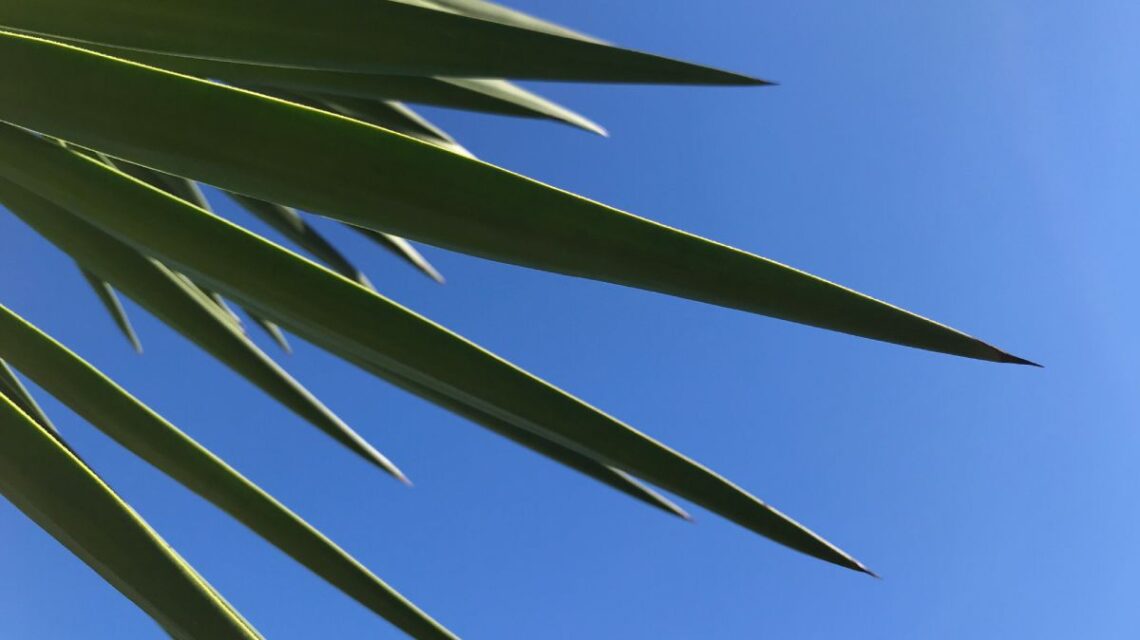Australia is famous around the world for its gorgeous and vast array of fascinating flora and fauna. Incredibly, over 20,000 different species of tree have made Australia their home. Millions of people head out into the forests, scrub lands and all areas of the country to see all the greenery that Australia has on display each year.
With all of these plants to choose from, it can be tricky to decide which you should grow in your garden or home, and just how tall they will get if you do. Read on for an in-depth look at the yucca plant to see if it may be the right fit for you…
What kind of yucca plants grow in Australia?
There are over 40 different species of yucca plants in the world, and many of these grow right here in Australia. Yucca trees can be grown outdoors in your garden or in a plant pot inside, and they are commonly found in coastal areas. Though there are species that live and thrive across most of the country.
Most yuccas are extremely recognisable due to their sharp, sword-like leaves. They are a hardy and durable plants that can survive in dry and harsh conditions. Their beautiful radiating leaves tend to be a green-grey colour, and they can sometimes produce white teardrop flowers. They are often favoured among gardeners and landscapers, looking attractive but also fairly tough.

There are 5 main types of yucca plants that grow in Australia, though you can find other species here as well. The common types are:
Yucca Elephantipes
The most common type is the Yucca Elephantipes, which can also be called the soft tip, or Spineless Yucca. While the Yucca Elephantipes still retains a similar look to the rest of its fellow yuccas, it doesn’t have the same level of spikiness. Though you should still be careful with the points of the leaves.
Yucca Filamentosa
The Yucca Filamentosa, or the Adam’s Needle Yucca, is quite different from the yucca mentioned above. It has dark green stiff and spiky leaves, so make sure that you watch out for the sharp tips. This yucca thrives in coastal areas, and produces flowers that give off a pleasant scent, but only in the evenings and at night.
Yucca Rostrata

This yucca, also known as the Beaked Yucca, is slightly different again. It has leaves that are less rigid than the Adam’s Needle Yucca, though still with pointy tips that can cause damage if you are not careful. The leaves themselves are more of a blue-green, leaving you with a beautiful plant that again can deal with harsher climates.
Yucca Glauca
The Yucca Glauca is a smaller species of plant called a Dwarf Yucca. While diminutive, it can produce flower spikes far above its height which resemble beautiful white bells. Dwarf Yuccas have narrow leaves that look and feel rather prickly.
Yucca Filifera
Finally, the last of the most common yucca plants in the country is the aptly named Yucca Australis. Quite the opposite of the previous plant, the Dwarf Yucca, this one can grow to impressive heights and produces hanging flower spikes instead of shooting them up in the air.
If you are unsure which of these or the other dozens of yucca species would be best for your home or garden, ask an arborist for help. A qualified arborist can give advice and also help you to look after your yucca plant and encourage it to thrive.
Is yucca fast-growing?
When you are deciding which plant to choose, and if you should choose a yucca plant at all, you should always consider how fast-growing it is. Taking care of yuccas is important, but it won’t matter how hard you try and what you do if you choose a species that will grow too big and too quickly.
Many gardeners may prefer slow-growing plants as they tend to be less work and can deal with neglect better. Alternatively, you may be looking for a fast-growing plant to give you more privacy in your home or garden. The truth is that due to large number of species of yucca and the different ways you can grow them, there is no general rule of thumb.
Some yucca plants are slow growers, gaining a few inches of height each year. Others can grow upwards of two feet in the same time period. You should again check with a qualified arborist for more information on the type of yucca that you have. It should also be noted that you can restrict your plants growth. Using a plant pot inside and outside can limit how much your yucca will grow.
How tall do yuccas grow in Australia?
As above, you can decide for yourself to a degree how tall your yucca will be. A Dwarf Yucca will never grow to vast sizes, but you can limit the growth of your Yucca Australis or Yucca Elephantipes by planting it in a pot. Yucca Elephantipes can grow to around 9 metres tall in the ground, but are likely to only grow to around 1.5 metres in a plant pot.

The Yucca Australis can reach up to 12 metres tall, while the Beaked Yucca will reach 5 metres in the ground, and the Dwarf Yucca only 1 metre. Adam’s Needle Yuccas are similarly small, reaching around 1.5 metres in the ground. As you can see, there are large differences in the heights of these species, so you can choose the one that best suits your needs.
Is yucca an Australian native plant/tree?
Yuccas are native to the Americas and the Caribbean, and while you can find Yuccas in Australia now, you can also still import them from places like Central America if you wish. Yucca Elephantipes, the most common species of yucca in Australia, is still not native to this country. It originated in Mexico and Central America, and has since arrived and spread to many locations.
Final thoughts
Yucca plants are increasingly popular additions to homes and gardens and it is easy to see why. These beautiful plants are hardy and durable and great to look at, though they do present a slight danger through their spiky leaves. You can choose from an array of different species which can grow to varying heights, and will all require slightly different care.
For more information on yuccas and their care, consult a qualified arborist to take care of all of your yucca plant needs.



